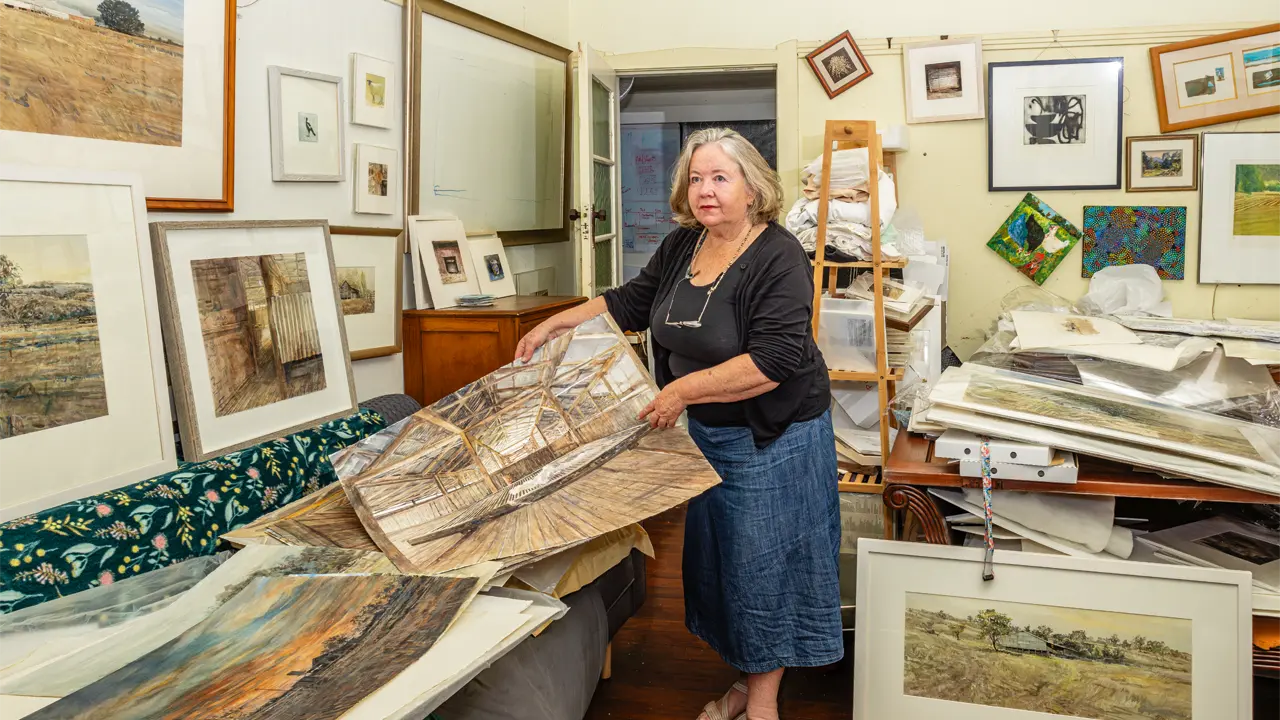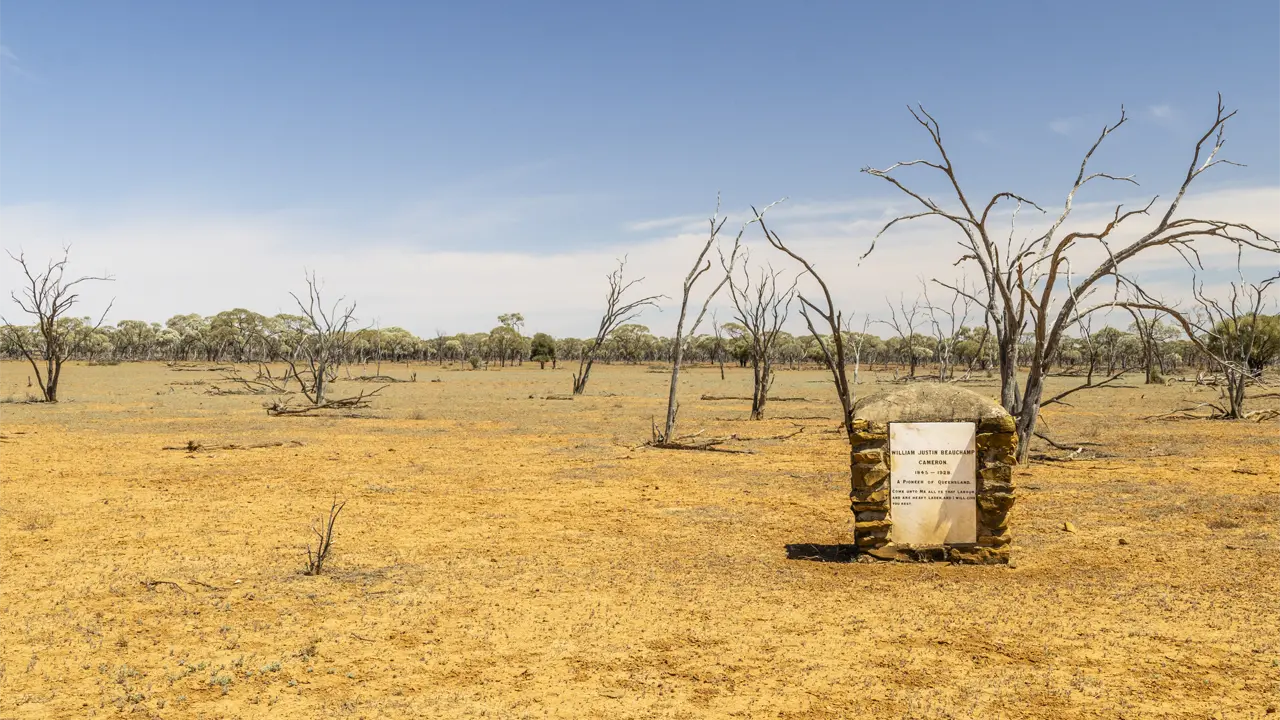Emma Withnell was the first white woman to settle in Western Australia’s Pilbara, helping to open up one of the nation’s richest regions.
Story By John Dunn
There's a small stone cairn in the main street of the tiny town of Roebourne in the north-west of Western Australia. It stands almost in isolation on the nature strip that separates the sporadic traffic and it has a rather lonely look about it. Appropriately, this monument is in memory of a woman who was closely linked with all that is remote and distant in the outback, and with all the difficulties that came with it.
Emma Withnell is the person remembered and, while her name may not be well known outside the state, it certainly is within it. Emma was called ‘the mother of the north-west’. She was the first white woman to come to the Pilbara and the work she did and influence she exerted helped open up what is today one of the nation’s richest regions.
The part women played in helping settle the inland is well summarised by property owner and author Terry Underwood, of Riveren Station in the Northern Territory, in the foreword to the book Great Pioneer Women of the Outback by Susanna de Vries. Terry writes: “With limited resources but unlimited determination, pioneer women carved out an existence for their families. Of necessity they adopted the roles of teacher, cook, seamstress, storekeeper, gardener, hostess, nurse and midwife. They worked beside their men to clear land, erect shelters and fences as well as tend livestock. With strength of spirit and dogged persistence, they battled the scourges of the bush”.
Withnell was one of those women and she is included among the ‘greats’ by Susanna de Vries, who says she “dared to take on the challenge of developing that formerly wild and remote region, which has brought economic success and prosperity to the thriving state of Western Australia”.
Today, Withnell’s relatives around the west – including Les Parsons at “Bindoon” and Judith Stove at “Swan View”, both just outside Perth – recall with pride their ancestor and are eager to point out their connection. Both are great-grandchildren and value their link.
Les and his wife Maxine point out that their family is the only arm of the Withnells to still have property in the Pilbara. Their son Kim, his wife Cindy and their three children run Coolawanyah Station, a vast 300,000-hectare holding, running 4000 cattle south-east of Roebourne on the road to the iron-ore deposits around Tom Price. Les was born there and returned after schooling in Perth. He is retired now but comes back regularly to help with the mustering and assist in whatever way is needed. “As a child I remember the Aborigines talking about Emma and how she was a special friend,” Les says. “Even though she lived a long time ago, she remains an integral part of our family history.”
This story excerpt is from Issue #58
Outback Magazine: Apr/May 2008









